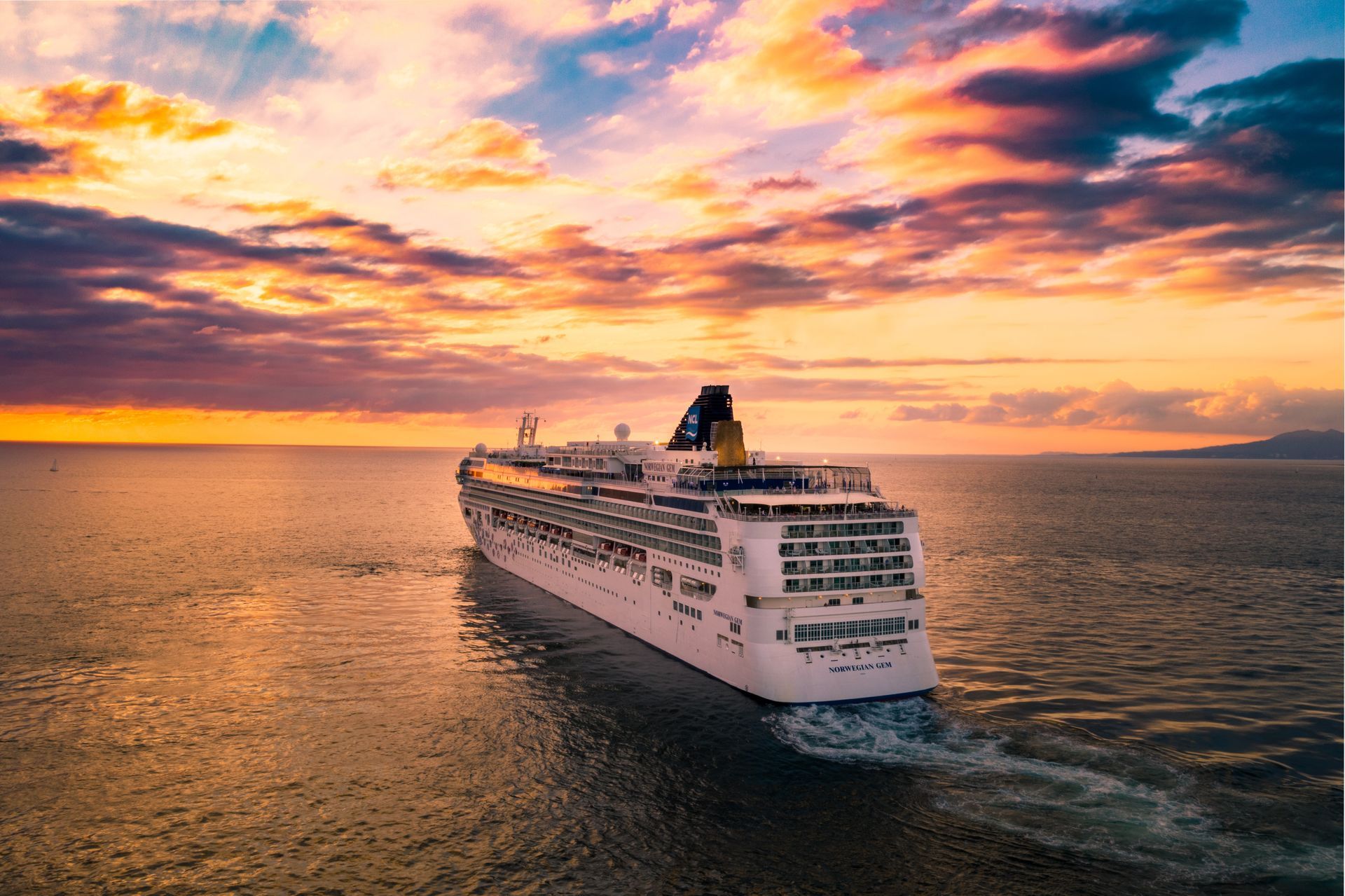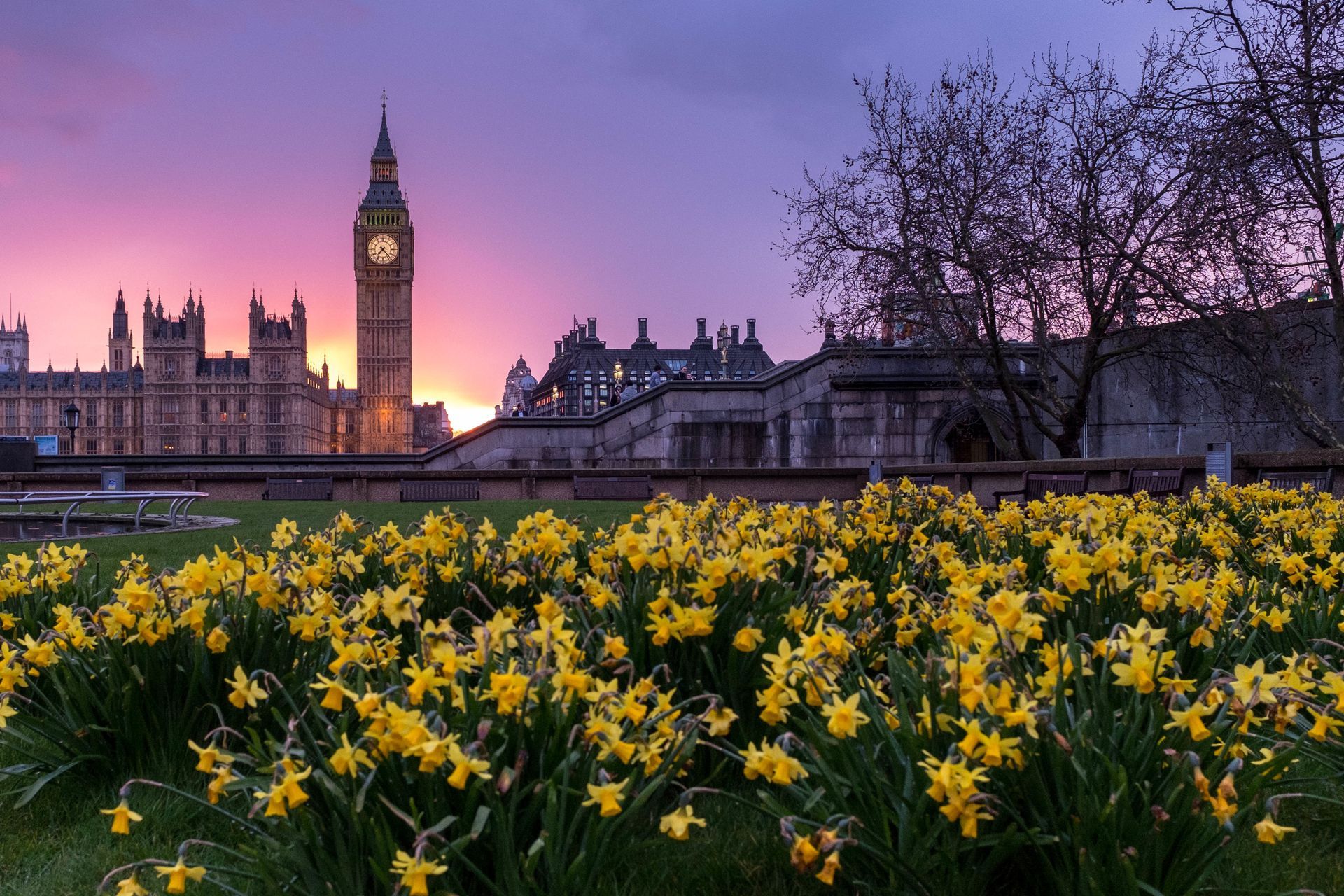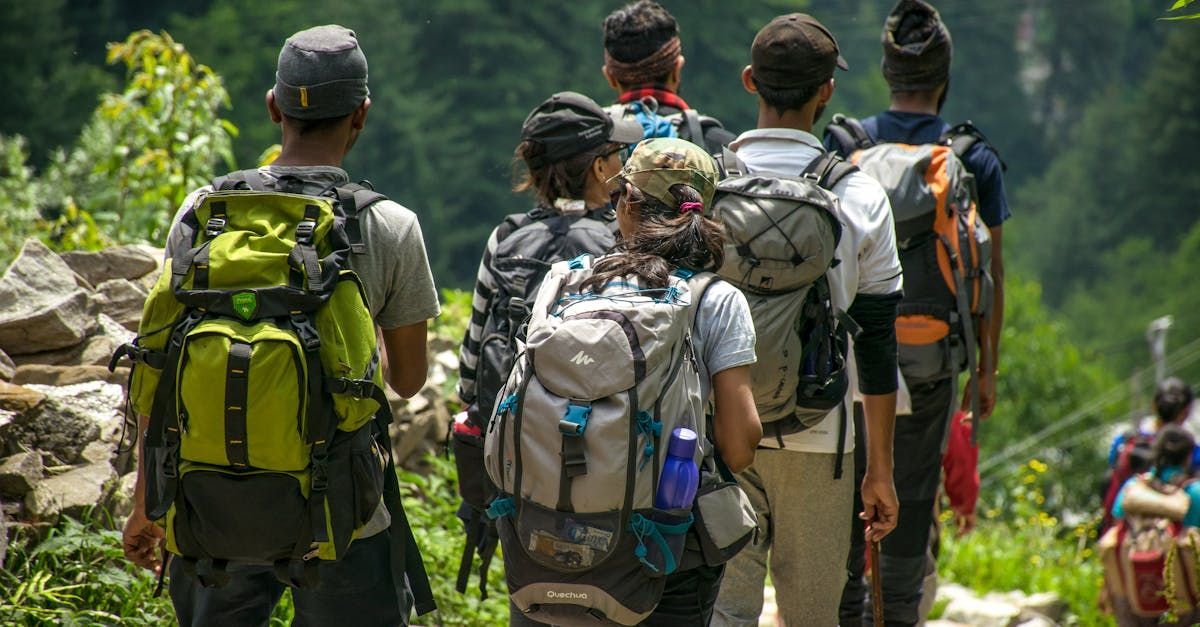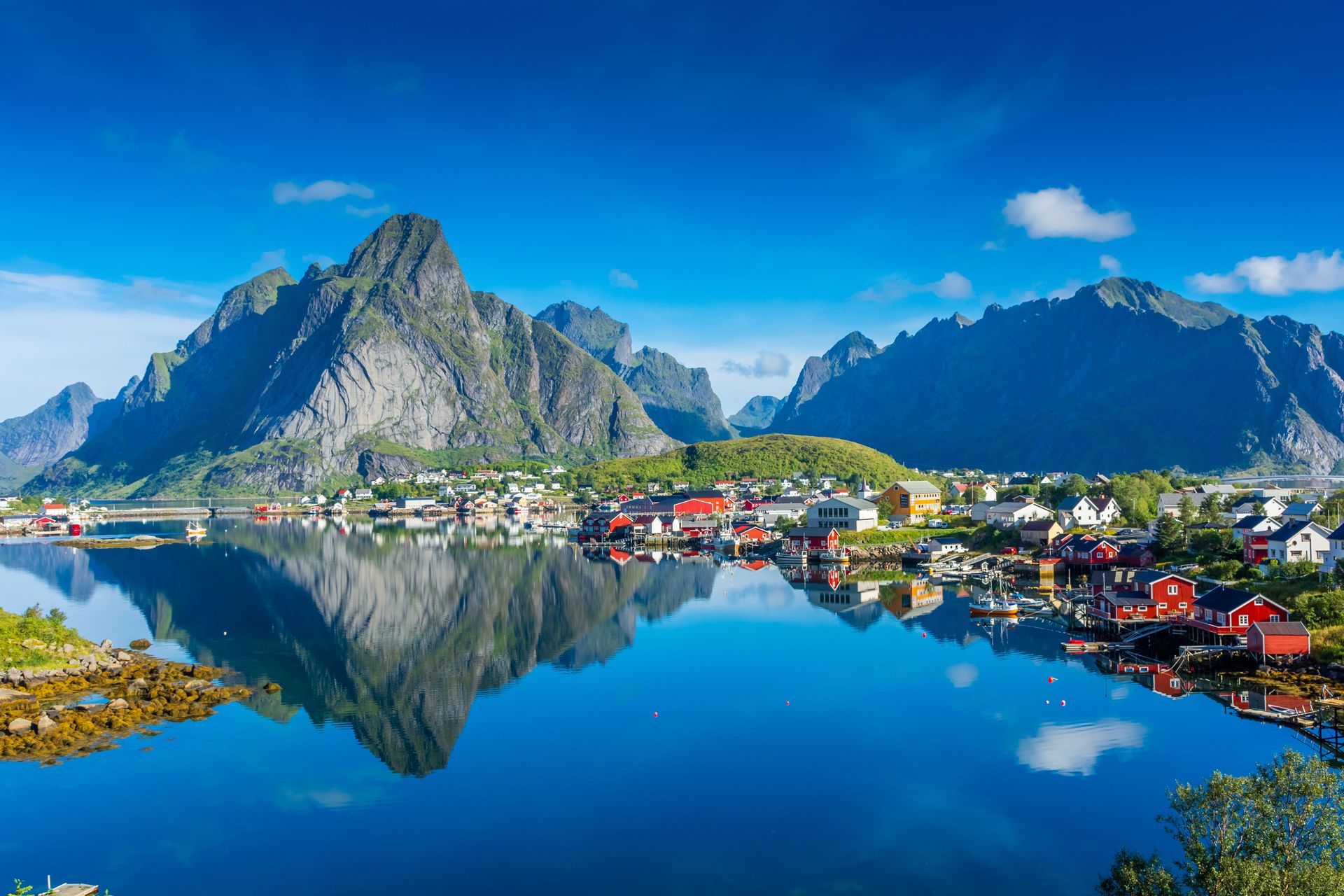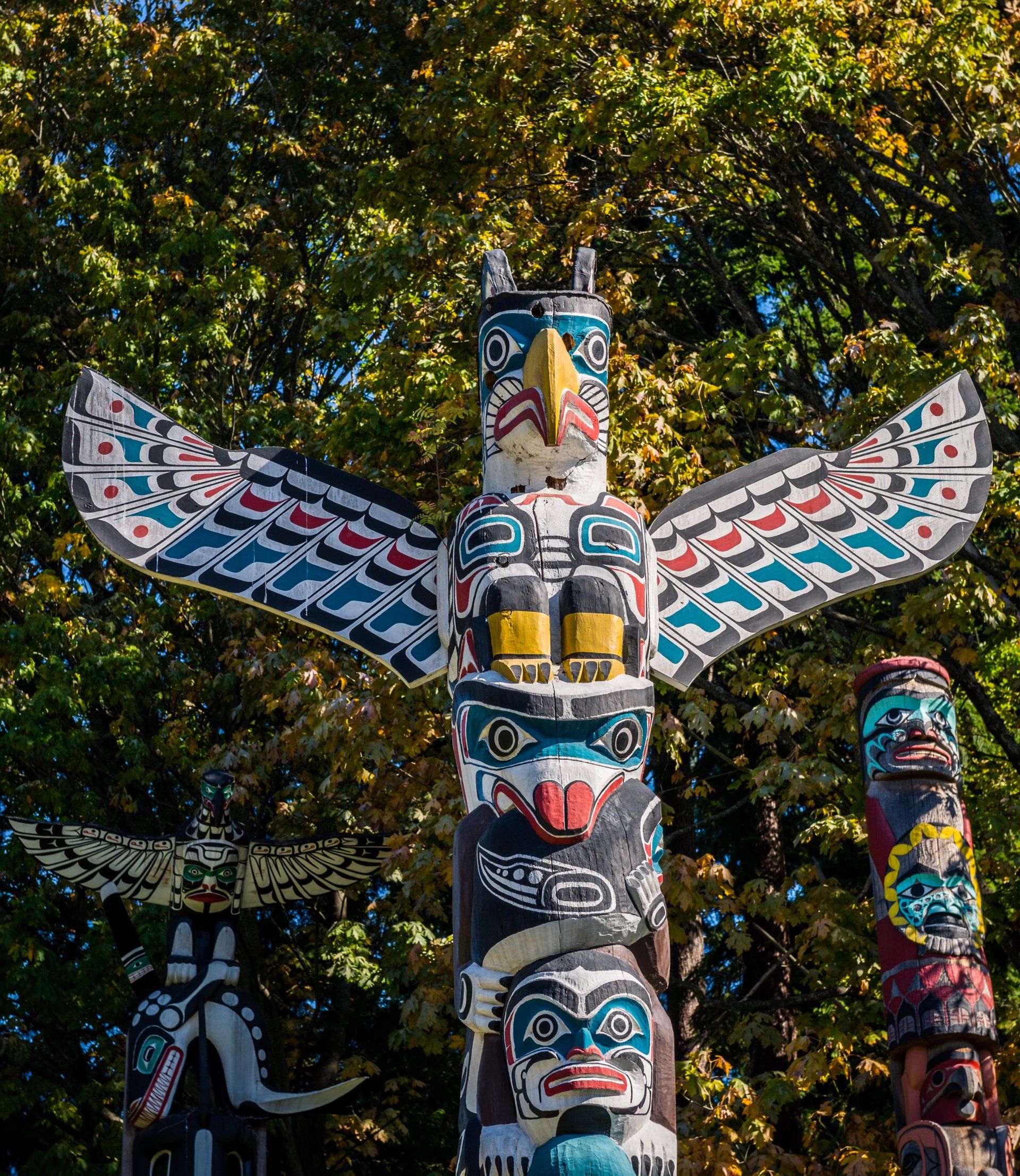Arts and cultural travel is a transformative journey that goes beyond merely visiting destinations; it involves immersing oneself in the rich tapestry of human creativity and heritage. Traveling for arts and culture allows individuals to explore the unique expressions of different societies, providing a deep understanding of their history, traditions, and values. Museums, galleries, theaters, and historical sites become portals to a world of imagination and emotion, fostering a connection between the traveler and the cultural narratives embedded in the surroundings.
Whether it's admiring classical masterpieces, experiencing traditional performances, or engaging with contemporary art, cultural travel is a dynamic exploration of the human experience. This form of travel not only broadens one's perspective but also promotes cross-cultural understanding, fostering a sense of global citizenship. Through arts and cultural travel, individuals can celebrate diversity, preserve cultural heritage, and contribute to the promotion of creativity as a universal language that transcends borders.
Land & Adventure Travel
Land and adventure travel can encompass a wide range of activities and experiences, from hiking and camping to road trips and off-the-beaten-path exploration. And journeys less travelled are often the most fulfilling.
You can explore scenic trails and challenging terrains on foot or experience the great outdoors by camping in national parks, forests or remote wilderness areas.
Embark on a road trip to discover new destinations at your own pace; engage in adrenaline-pumping activities like rock climbing, zip-lining, paragliding, or white-water rafting.
Combine adventure travel with a sense of purpose by volunteering for conservation projects or community development initiatives.
Remember, it's crucial to prioritize safety, respect the environment and local cultures, and be prepared for the specific challenges of the chosen adventure. Additionally, staying informed about travel regulations, weather conditions, and environmental impact is essential for a responsible and enjoyable experience.
Group Travel
Group travel brings together like-minded travelers that are eager to safely and confidently experience all the things that make our world worth exploring and can offer a variety of benefits, including shared experiences, cost savings, and a sense of community.
To make the experience more enjoyable and smoother, ensure that everyone in your group is responsible for activities such as logistics, accommodations, transportation, etc.
Emphasize the importance of respecting local customs and cultures. Provide information about cultural norms and etiquette to avoid unintentional misunderstandings.
Consider appointing a group photographer or encourage everyone to share photos. This helps in creating lasting memories and allows everyone to have a diverse collection of perspectives.
Whether it's a small family trip or a larger organized tour, successful group travel often involves a balance between structured planning and flexibility to accommodate the diverse preferences of group members.
Food & Culinary Tours
Food and culinary tours are a delightful way to explore a destination through its cuisine. These tours provide the opportunity to savor local flavors, discover unique culinary traditions, and immerse yourself in the cultural aspects of a region.
You can explore local markets and street food vendors to taste authentic, everyday flavors or take part in cooking classes to learn how to prepare local dishes. This hands-on experience allows you to gain insights into traditional cooking techniques and ingredient combinations.
Dine at local restaurants and eateries recommended by locals or your tour guide. This allows you to taste authentic dishes and support local businesses.
Be open to trying new and unfamiliar foods. Culinary tours are an opportunity to expand your palate and discover flavors you may not encounter in your everyday life. Engage with locals, including chefs, vendors, and fellow food enthusiasts. This can provide a deeper understanding of the local culinary scene and often leads to great recommendations.
Food and culinary tours offer a multisensory experience that combines the joy of tasting with cultural exploration. By embracing the local food culture, you can create lasting memories and a deeper connection to the destinations you visit.
Educational Travel
Educational travel, also known as edutourism or educational tourism, involves exploring destinations with the primary goal of learning and gaining knowledge. This type of travel can take various forms, from study abroad programs and language immersion courses to cultural exchanges and academic conferences.
To make the most of your educational travel experience you need to define your educational goals, whether it's language acquisition, academic coursework, cultural understanding, or skill development, having clear goals will guide your travel choices.
Choose a destination that aligns with your educational interests. Consider locations with reputable institutions, cultural richness, and opportunities for hands-on learning experiences.
While the focus is on education, find a balance between academic pursuits and leisure activities. Take time to explore and enjoy the destination beyond the educational aspects.
Educational travel offers a unique blend of intellectual growth, cultural immersion, and personal development. By carefully planning and integrating educational goals into your travel experience, you can create a journey that expands your knowledge and broadens your perspective.
Eco Tourism
Ecotourism, or ecological tourism, is a form of responsible travel that focuses on minimizing the negative impact of tourism on the environment while promoting conservation efforts and providing meaningful experiences for travelers.
Select destinations that prioritize sustainability and conservation. Look for places that have established eco-friendly practices and initiatives.
Practice "Leave No Trace" principles by minimizing your impact on the environment. Dispose of waste responsibly, stay on designated paths, and avoid disturbing natural habitats. Choose tours and activities that contribute to conservation efforts. This could include guided tours by local naturalists, wildlife rehabilitation centers, or tree planting initiatives.
Contribute to the local economy by supporting locally-owned businesses, buying locally-made products, and engaging in cultural experiences that respect and celebrate the local community's heritage.
Advocate for and support sustainable tourism practices within the industry. Encourage tour operators and accommodations to adopt eco-friendly measures and certifications. Also, consider offsetting the carbon emissions generated by your travel by participating in carbon offset programs. This involves investing in projects that reduce or capture an equivalent amount of greenhouse gases.
Ecotourism encourages a harmonious relationship between travelers and the environment, promoting conservation and sustainable practices. By incorporating these principles into your travel choices, you can contribute to the preservation of natural habitats and biodiversity while enjoying meaningful and responsible travel experiences.
Family Travel
Family travel is a cherished opportunity for bonding, creating lasting memories, and experiencing the world together. It goes beyond the mere act of going to new places; it is a journey that strengthens familial ties and builds a foundation of shared experiences. Exploring different destinations as a family allows for the discovery of diverse cultures, cuisines, and landscapes, fostering a sense of curiosity and open-mindedness in children and adults alike.
Whether embarking on a road trip, exploring historical sites, or relaxing on a beach, family travel provides moments of joy, laughter, and learning. It offers a break from the routines of daily life, allowing family members to connect on a deeper level and share in the excitement of exploration.
From grandparents to young children, each family member contributes to the collective adventure, creating a mosaic of shared stories and traditions that become an integral part of the family's identity. Family travel, therefore, is not just a series of trips; it is an investment in the bonds that tie a family together, fostering love, understanding, and a sense of unity that lasts a lifetime.
Luxury Travel
Luxury land travel involves exploring destinations in a sophisticated and indulgent manner while staying grounded on solid ground. Whether it's a private guided tour, a customized road trip, or a stay at an upscale lodge, land luxury travel provides a high-end experience with a focus on comfort, cultural immersion, and personalized service.
Opt for a customized itinerary that caters to your preferences and interests and choose upscale accommodations that offer top-notch amenities, personalized service, and a unique sense of place. This could include boutique hotels, luxury resorts, or even exclusive villas.
Indulge in fine dining experiences that showcase the local cuisine. Elect restaurants with renowned chefs, unique culinary concepts, and a focus on using local, high-quality ingredients.
Incorporate wellness and spa retreats into your itinerary and immerse yourself in the local culture by participating in authentic experiences. This could include art classes, cultural workshops, or private meetings with local artisans.
Explore destinations through culinary tours and tastings. Sample local delicacies, visit markets, and engage in private cooking classes led by renowned chefs. Consider luxury train journeys or river cruises for a unique and opulent land travel experience. These often include lavish accommodations, gourmet dining, and scenic views.
Luxury land travel allows you to experience the best a destination has to offer while enjoying the utmost in comfort and exclusivity. Whether you're exploring cultural landmarks, indulging in gourmet cuisine, or seeking adventure in style, luxury land travel provides a tailor-made experience for discerning travelers.
Wellness & Spiritual Travel
Wellness and spiritual escapes have become increasingly popular in a fast-paced world where individuals seek refuge from the demands of daily life. These retreats offer a holistic approach to rejuvenation, focusing on physical, mental, and spiritual well-being. Participants engage in activities such as yoga, meditation, spa treatments, and mindful practices to restore balance and harmony. Wellness retreats often emphasize healthy living, nutrition, and exercise, providing a space for individuals to recharge their bodies and minds. Spiritual escapes, on the other hand, cater to those seeking a deeper connection with their inner selves or a higher power. These retreats may include meditation, prayer, and discussions on mindfulness, helping participants explore their spiritual beliefs and find a sense of purpose. Whether nestled in nature or set against serene landscapes, these escapes provide a tranquil environment conducive to self-discovery and personal growth.
In the serene realm of wellness and spiritual escapes, individuals find solace and introspection. Beyond physical rejuvenation, these retreats offer a sanctuary for the soul. Participants often embark on a journey of self-reflection, seeking answers to life's profound questions and cultivating a sense of inner peace. The serene surroundings, often in natural settings or sacred spaces, contribute to the transformative nature of these experiences. Whether through meditation retreats, silent contemplation, or holistic healing practices, individuals on these escapes explore the depths of their spirituality, embracing a sense of mindfulness and presence in the moment. In essence, wellness and spiritual escapes offer a respite from the chaos of modern life, providing a space for individuals to reconnect with themselves and the profound aspects of existence, fostering a sense of balance and tranquility that extends beyond the duration of the retreat itself.
Solo Travel
Solo travel can be a transformative and enriching experience, offering the opportunity for self-discovery, personal growth, and the freedom to explore at your own pace.
Plan ahead and choose Solo-Friendly destinations. Keep friends and family informed about your travel plans. Pack efficiently and consider the climate and local customs when selecting your wardrobe.
Embrace the opportunity to meet new people, and choose activities that cater to solo travelers, such as guided tours, cooking classes, or group activities. This allows you to meet fellow travelers and locals in a structured setting.
Use solo travel as an opportunity for self-reflection. Enjoy moments of solitude, embrace the freedom to make spontaneous decisions, and learn more about yourself along the way.
Solo travel can be a rewarding adventure that builds confidence and independence. By staying informed, being open to new experiences, and practicing situational awareness, you can make the most of your solo journey.
Pilgrimage & Heritage Tours
Pilgrimage travel involves journeying to a sacred or significant destination for religious, spiritual, or cultural reasons. These journeys are often deeply meaningful and can provide a sense of connection, reflection, and personal growth.
Choose a Meaningful Destination that holds religious or spiritual significance for you. Common pilgrimage sites include Mecca for Muslims, Jerusalem for Christians, Bodh Gaya for Buddhists, and Varanasi for Hindus.
Engage in the rituals and traditions associated with the pilgrimage site. This may include prayers, ceremonies, or specific practices that are integral to the pilgrimage experience.
Pilgrimage often provides an opportunity to connect with people who share similar beliefs. Engage in conversations, attend group activities, and build connections with fellow pilgrims. But also take time for personal reflection and meditation. Pilgrimage journeys are not just about the physical act of traveling but also about inner contemplation and spiritual connection.
Pilgrimage travel is a deeply personal and spiritual experience. It's essential to approach the journey with an open heart, a respectful mindset, and a willingness to embrace the transformative aspects of the pilgrimage.
Heritage tours provide an immersive experience focused on exploring and understanding the cultural, historical, and architectural heritage of a destination. These tours often delve into the traditions, customs, and historical landmarks that define a particular region.
Select a destination known for its rich cultural and historical heritage. Consider cities with UNESCO World Heritage Sites, ancient monuments, and a deep cultural legacy as well as joining guided heritage tours led by local experts or historians as their insights can provide a deeper understanding of the heritage sites, sharing stories and details that you might not discover on your own.
Explore the local cuisine, which is often deeply rooted in heritage. Visit traditional markets, taste local dishes, and engage in culinary experiences that highlight the region's gastronomic heritage.
Be respectful of local customs and traditions. Dress modestly if required, follow etiquette rules, and show consideration for religious practices. Be mindful of your environmental impact. Follow sustainable travel practices and support heritage preservation efforts that prioritize conservation and responsible tourism.
Heritage tours are often more enjoyable when taken at a leisurely pace and offer a rich tapestry of experiences that connect you to the roots of a destination. By immersing yourself in the cultural, historical, and architectural heritage, you can gain a deeper appreciation for the unique identity of the places you visit.
Weddings & Honeymoons
Weddings and honeymoons are significant life events! To ensure a memorable and enjoyable experience requires careful consideration and planning.
Determine what aspects are most important to you, whether it's the venue, guest list, or specific elements of the ceremony and reception and establish a realistic budget early in the planning process.
Personalize the ceremony to reflect your relationship. Write your vows, include meaningful rituals, or involve close friends and family in the ceremony.
Have contingency plans for unexpected situations and delegate tasks to trustworthy individuals or hire a wedding planner to help with the logistics. This allows you to focus on enjoying the celebration.
Next, have open communication about your honeymoon preferences. Discuss destination options, activities, and the overall vibe you want for your post-wedding getaway.
Consider whether you want a relaxing beach getaway, a cultural exploration, or an adventurous trip. Choose a destination that aligns with both of your interests and enjoy each other's company. Allow for downtime, and don't feel obligated to fill every moment with activities.
By carefully planning both the wedding and honeymoon, you can create a seamless and memorable experience that marks the beginning of your life together. Consider your shared interests, communicate openly, and savor every moment of these special occasions.

